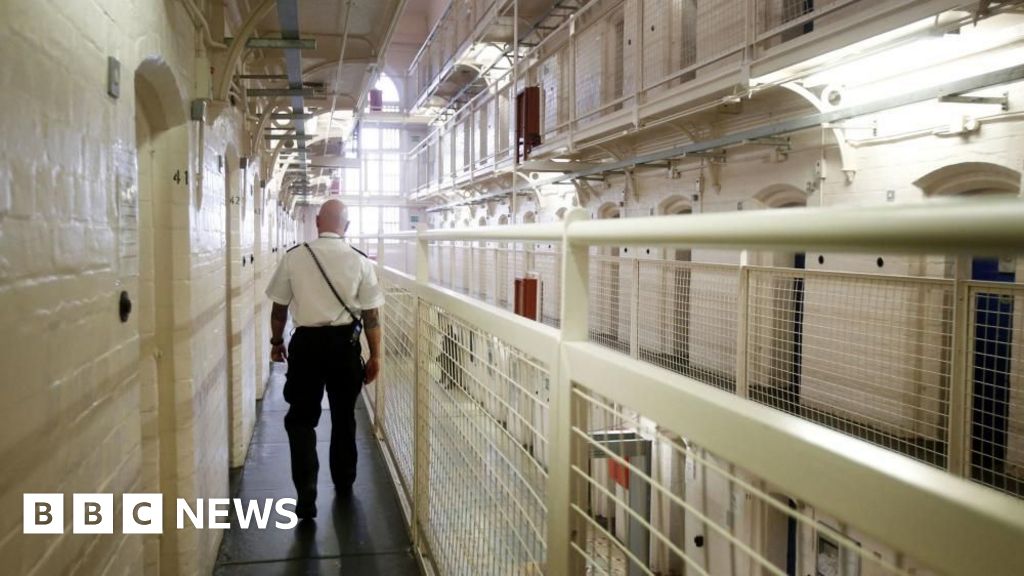ARTICLE AD BOX
MPs have backed plans to get rid of all hereditary peers from the House of Lords.
A bill making its way through Parliament would abolish the 92 seats reserved for peers who inherit their titles through their families.
MPs voted for the government proposals by 435 votes to 73. The bill will now go to the Lords, where it is expected to face tough opposition.
The Conservatives opposed the plans, with shadow Cabinet Office minister Alex Burghart claiming the government was "seeking to remove established scrutineers in order to replace them with Labour appointees".
But during a debate in the Commons, some MPs also called for the government to go further.
Conservative Sir Gavin Williamson put forward proposals for Church of England bishops to be removed from the Lords but these were rejected by MPs.
He argued it was "fundamentally unfair" for a block of clerics to "have a right and a say over our legislation".
"For me, as someone who is an Anglican, I cannot see why I have a greater right for greater representation than my children who are Catholics," he said.
He added that the 26 bishops in the Lords only come from England and are "probably not reflective of today's world".
SNP MP Pete Wishart said the unelected House of Lords should be abolished completely, adding that "if you represent the people, you should be voted by the people".
He told the Commons the government's proposals were "pathetic" and "should have been done centuries ago".
As well as promising to bring about "immediate modernisation" to the Lords by abolishing hereditary peers, Labour's general election manifesto pledged to introduce a mandatory retirement age of 80 for members of the upper house.
It also said the party was committed to replacing the House of Lords with "an alternative second chamber that is more representative of the regions and nations".
But these changes are not included in the bill and the government has not set out a timeline for when they will be delivered.
Defending the government's approach, Cabinet Office minister Ellie Reeves said previous attempts to reform the Lords "all in one go" had failed and the government wanted to see "immediate reform".
She added that the government would then consult on how to deliver its other manifesto commitments on the House of Lords.
Reeves said the government "values the good work done by hereditary peers" but the bill was "a matter of principle".
"In the 21st Century it cannot be right for there to be places in our legislature reserved for those born into certain families," she told the Commons.
Meanwhile, peers were also taking part in their own debate on the issue of Lords reform.
Conservative peer Lord True was among those to criticise the government's plans.
The shadow leader of the House of Lords argued the aim of the bill was "partisan" removing "88 peers who do not align themselves with Labour and four who do".
He also said the move would cause "great hurt".
"The execution will have to be done at close quarters, brushing shoulders in the lobbies as we go to vote for the removal of much-respected colleagues."
Fellow Conservative peer and former cabinet minister Lord Forsyth of Drumlean accused Labour of "a disgraceful piece of political gerrymandering" aimed at "weakening the scrutiny" of the government.
"If the party opposite continues with this act of constitutional vandalism they ain't seen nothing yet," he warned.
The job of the House of Lords is to scrutinise the work of government and recommend changes to proposed legislation.
Most peers are appointed by the monarch on the prime minister's advice.
The majority of hereditary peers were abolished in 1999 under the last Labour government, leaving only 92 in a compromise deal with the Conservatives.

 5 months ago
17
5 months ago
17








 English (US) ·
English (US) ·